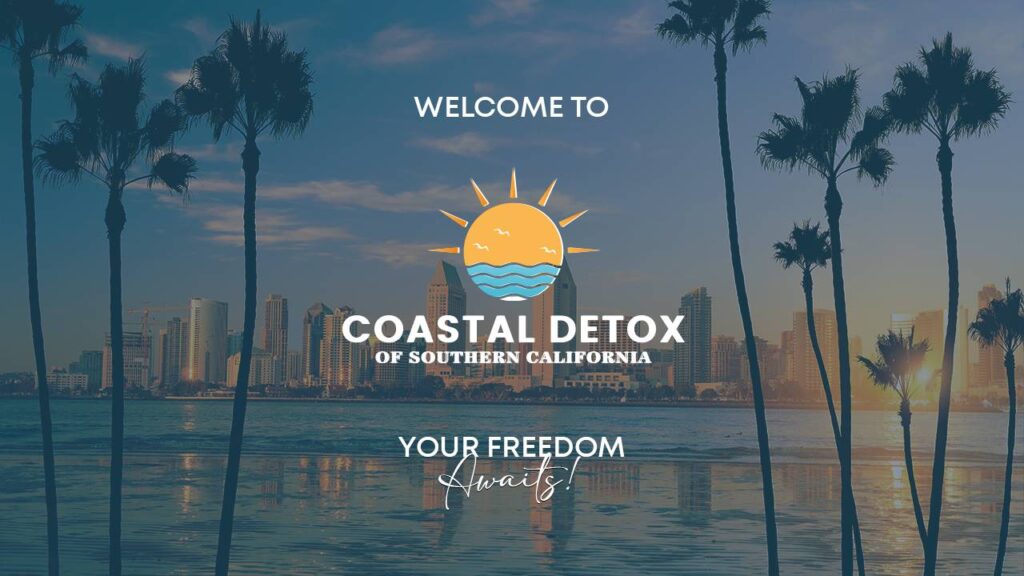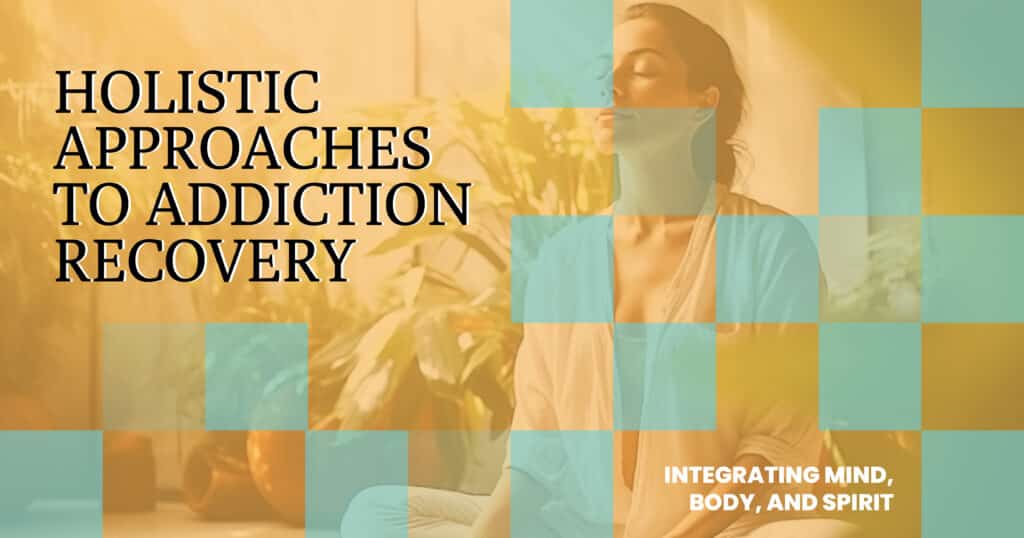Addiction is a multifaceted issue that affects the mind, body, and spirit. Traditional methods of addiction recovery often focus on detox and abstinence, but holistic approaches offer a comprehensive path to healing by integrating mental, physical, and spiritual practices. In this blog post, we’ll explore holistic approaches to addiction recovery and how they can foster long-lasting wellness.
What is Holistic Addiction Recovery?
Holistic addiction recovery considers the whole person, not just the addiction. It acknowledges that addiction impacts various aspects of an individual’s life and seeks to address these areas comprehensively. Holistic methods include therapies and practices that promote physical health, mental clarity, and spiritual well-being.
Benefits of Holistic Approaches to Addiction Recovery
- Comprehensive Healing: Targets underlying issues and not just the symptoms of addiction.
- Personalized Treatment: Offers customizable approaches tailored to individual needs.
- Improved Mental Health: Integrates mental health care, reducing the risk of relapse.
- Enhanced Physical Health: Encourages a healthy lifestyle, improving overall wellness.
- Spiritual Growth: Helps individuals find meaning and purpose beyond their addiction.
Integrating Mind, Body, and Spirit in Addiction Recovery
1. Mind: Psychological and Emotional Healing
Addiction often stems from emotional and psychological pain. Addressing these areas is crucial for sustainable recovery.
Therapies for the Mind:
- Cognitive Behavioral Therapy (CBT): Helps individuals recognize and change destructive thought patterns.
- Mindfulness and Meditation: Reduces stress and promotes emotional balance.
- Art and Music Therapy: Allows for the expression of emotions that may be difficult to verbalize.
- Group Therapy: Provides a sense of community and shared experiences.
Questions to Consider:
- How can mindfulness help in addiction recovery?
- What role does CBT play in holistic addiction treatment?
2. Body: Physical Health and Wellness
Physical health is a critical component of recovery. A healthy body supports a healthy mind and vice versa.
Practices for the Body:
- Nutrition Counseling: Proper diet can help repair the body and reduce cravings.
- Exercise Programs: Physical activity boosts mood and overall health.
- Acupuncture: Used to reduce withdrawal symptoms and cravings.
- Massage Therapy: Relieves stress and promotes relaxation.
Questions to Consider:
- What are the benefits of acupuncture in addiction recovery?
- How does nutrition impact addiction recovery?
3. Spirit: Finding Meaning and Purpose
Spirituality in addiction recovery can provide a sense of purpose and connection.
Approaches for the Spirit:
- Yoga and Meditation: Encourage inner peace and self-awareness.
- Spiritual Counseling: Supports individuals in exploring their beliefs and values.
- Nature Therapy: Promotes healing through connection with the natural world.
- Service and Volunteer Work: Builds self-esteem and a sense of contribution.
Questions to Consider:
- How does yoga contribute to holistic addiction recovery?
- What is the role of spirituality in overcoming addiction?
Combining Traditional and Holistic Methods
While holistic approaches offer significant benefits, combining them with traditional methods can enhance recovery outcomes.
Integrative Treatment Plans:
- Medication-Assisted Treatment (MAT): Combines medications with counseling and behavioral therapies.
- Residential Treatment Programs: Offer a structured environment with access to both traditional and holistic therapies.
- Outpatient Programs: Provide flexibility for individuals to continue daily activities while receiving treatment.
Success Stories and Case Studies
Sharing success stories can inspire and motivate those on their recovery journey.
- John’s Story: John struggled with opioid addiction for years. After joining a holistic recovery program that included yoga, nutrition counseling, and CBT, he found a new lease on life.
- Maria’s Journey: Maria’s alcohol addiction was tearing her family apart. Integrating acupuncture, mindfulness, and group therapy helped her regain control and rebuild relationships.
Frequently Asked Questions
What is the success rate of holistic addiction recovery?
Success rates vary depending on individual commitment and the specific combination of therapies. However, holistic approaches often lead to improved overall well-being, which can reduce the likelihood of relapse.
Are holistic treatments covered by insurance?
Coverage for holistic treatments varies by provider. Some insurance plans may cover therapies like acupuncture and nutrition counseling, while others may not.
How long does holistic addiction recovery take?
Recovery is a lifelong process, but significant improvements can be seen within months of starting a holistic program. The duration depends on the individual’s progress and dedication.
Conclusion
Holistic approaches to addiction recovery offer a comprehensive and compassionate way to address the complexities of addiction. By integrating mind, body, and spirit, individuals can achieve lasting recovery and a healthier, more fulfilling life. If you or a loved one is struggling with addiction, consider exploring holistic treatment options that address the whole person and promote overall well-being.
By choosing a holistic approach, you’re not just treating the addiction; you’re paving the way for a balanced and vibrant life.
If you’re ready to start your holistic recovery journey, contact the Coastal Detox of Southern California today to learn more about our personalized treatment plans. As a premier center that helps with drug and alcohol addiction treatment, we can help you find the path to a healthier, happier you. Together, we can help you find the path to a healthier, happier you.









